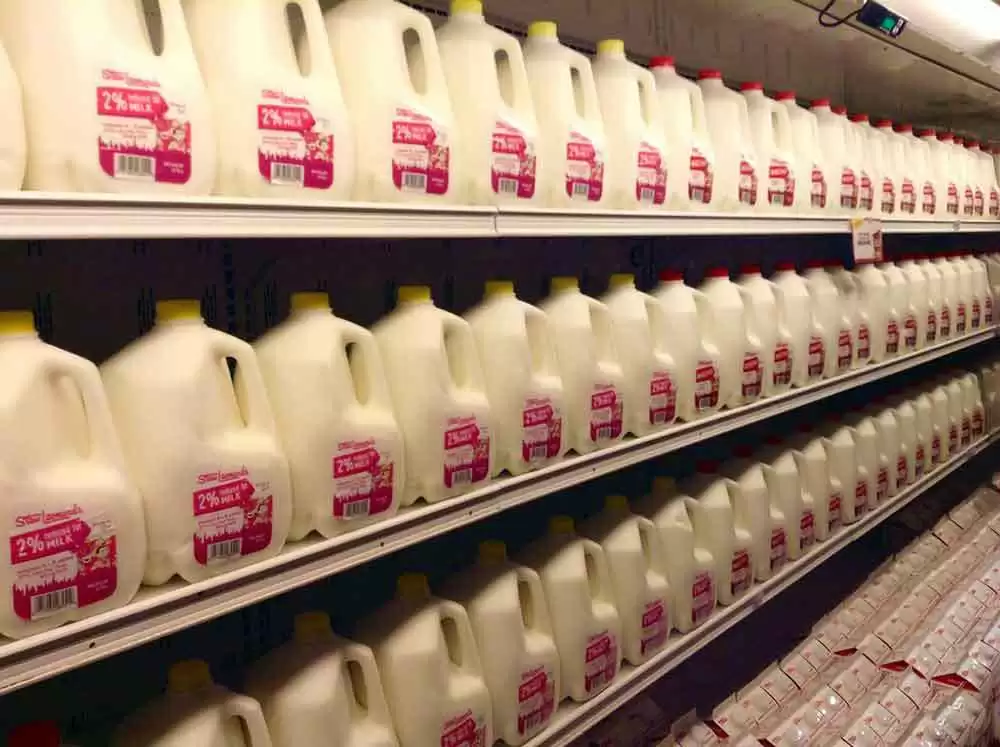
Celiac.com 02/02/2022 - A team of researchers performed a prior population-based mass screening of celiac disease in children aged 12 years in two birth groups, yielding nearly 300 seropositive cases, of which nearly 250 were diagnosed with celiac disease after duodenal biopsy.
In a follow-up study, the research team recently set out to spot new cases in the screening population that originally tested negative.
Celiac.com Sponsor (A12):
The team included patients who were seronegative at screening and later converted to diagnosed celiac disease, or patients who had potential celiac disease, that is, positive blood screen, but normal duodenal mucosa, and later converted to celiac disease.
The research team included Olof Sandström, Fredrik Norström, Annelie Carlsson, Lotta Högberg, Maria van der Palz, Lars Stenhammar, Charlotta Webb, Anneli Ivarsson, and Anna Myléus.
They are variously affiliated with the Department of Clinical Sciences, Paediatrics, Umea University, Umea, Sweden; the Department of Epidemiology and Global Health, Umea University, Umea, Sweden; the Department of Clinical Sciences, Paediatrics, Lund University, Lund, Sweden; the Department of Clinical and Experimental Medicine, Paediatrics, Linköping University, Linkoping, Östergötland, Sweden; and the Department of Public Health and Clinical Medicine, Family Medicine, Umea University, Umea, Sweden.
For their follow-up study, the team invited all children who tested seropositive to screen again, five years after the initial screen, including further serological testing, and biopsy for seropositive patients.
The team used the National Swedish Childhood Coeliac Disease Register to find cases diagnosed in healthcare during the same period. In all, they assessed 12,353 seronegative children
Out of 230 children who kept the follow-up appointment, including 34 of 39 with potential celiac disease, eleven children had converted to celiac disease. They found one new case in the register who was diagnosed via routine screening for type 1 diabetes.
The team's five-year follow-up study shows that patients with potential celiac disease and positive celiac blood screens face a higher risk of developing celiac disease, while those with negative screens do not.
Conversely, those with a negative screen enjoyed a very low risk for a clinical diagnosis over the following five years.
Read more in the Archives of Disease in Childhood







Recommended Comments
There are no comments to display.
Create an account or sign in to comment
You need to be a member in order to leave a comment
Create an account
Sign up for a new account in our community. It's easy!
Register a new accountSign in
Already have an account? Sign in here.
Sign In Now